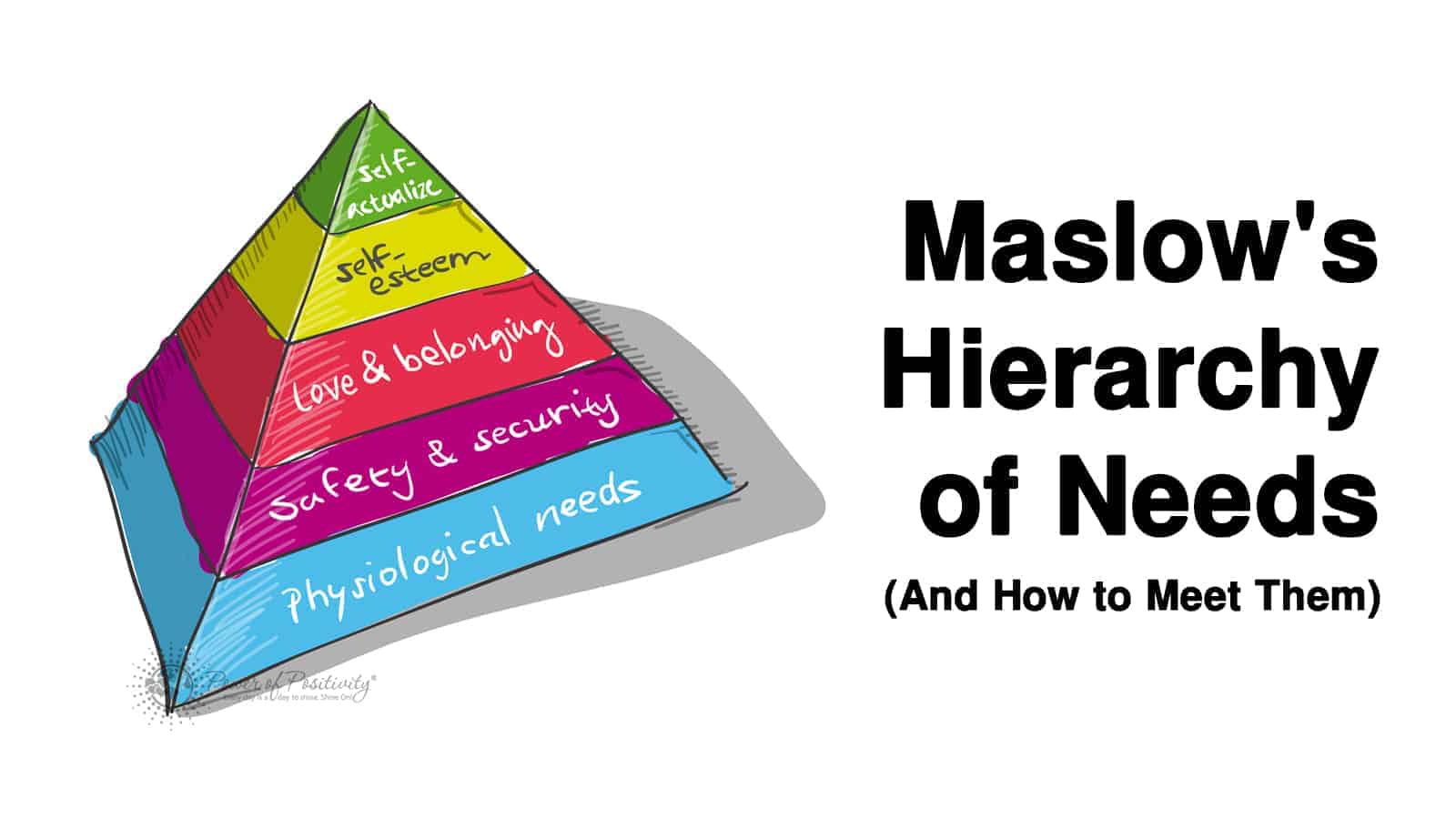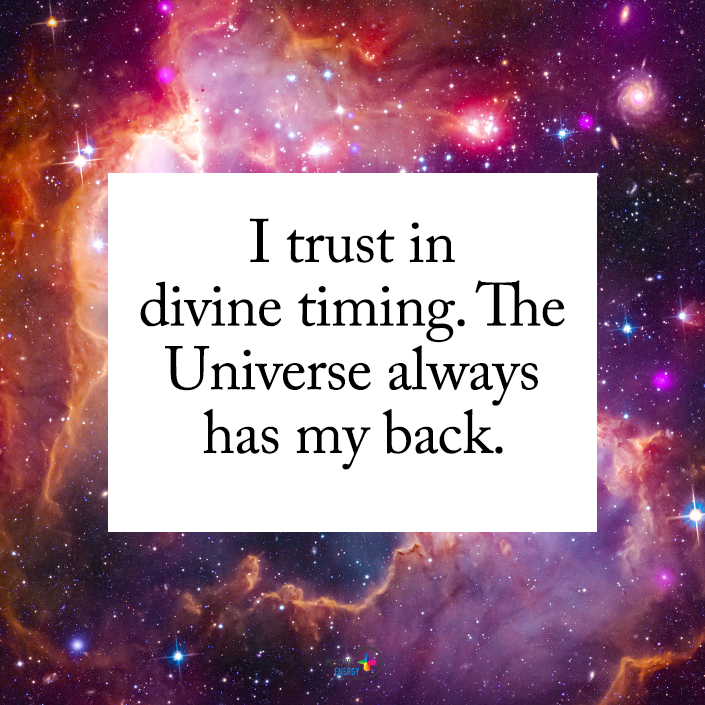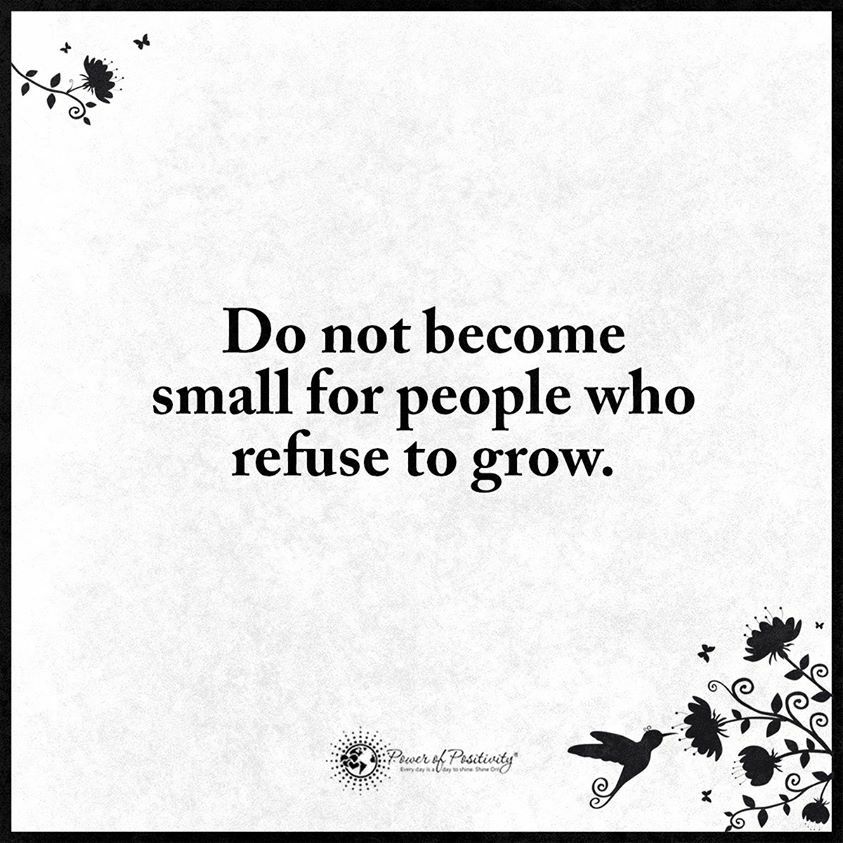Walk like a Maslow Egyptian with the pyramid called the hierarchy of needs. You will see how we learn the required skills to move on it. Some of these are easy to understand; others are like reading hieroglyphics. So, we are coming at you like Cleopatra with the need to feel like a pharaoh. They are physiological, safety and security, love and belonging, self-esteem, and self-actualization. Notice the self-being at the top – just saying!
Maslow’s Hierarchy of Needs (And How to Attain Them)
1. Physiological (PL) needs
Most of them are innate, but by the wrath of Anubis others are not or need to be taught to do whatever it is that they need to do properly. What are the PL needs? Master Maslow replies: “Breathing, food, water, shelter, sleep, urination, and defecation.”
Breathing is innate, thus, no teaching is necessary. Sleep, urination, and defecation are also innate but require control. Sleeping can be controlled by just following the example of mummy and daddy, which takes months or even years to perfect. Urination and defecation require practice via potty training; until this is mastered, nappies/diapers are the norm. Eating and drinking are innate as well, but babies can only do so by a parent or other loved one feeding the beautiful bundle of joy.
As the child grows and gains teeth, milk suckled by babies is replaced by semi-solid food, which in turn is replaced by solid food and water when they are ready. Parents generally provide the shelter until the child is old enough to fly the nest, so again this is taught by repetition with him/her learning by example.
2. Safety and security (SAS) needs
As the child grows into early adulthood, learning the skills to satisfy PL needs, the same process is essential for SAS. You have consulted the Oracle of Siwa with the following: “What are the SAS needs?” The great Oracle, also known as Maslow, responds: “Health, employment, property, family, and social ability.” How to handle health is very important; without it our young pharaoh would not live to build the sphinx. Achieved by correct cleaning, a healthy diet instead of junk food, and drinking water instead of soft drinks. Regarding security within the workplace, the future great one has to offer something valuable to society. This is normally done by way of obtaining and holding down a job.
Next on the list is property, what you own – or what the family owns in the case of the young one. This requires defending from people with bad intentions. You can do it legally, physically, or verbally. Many wars have started between two countries because of territory, which continues to this day. Family is very similar to property in SAS, except it is more personal. Rape, murder, assault, any type of abuse are all crimes against people. Social ability helps security in terms of connections in all parts of life, making the young man influential with others. The trick is to just get out there, experience life and make mistakes so that you learn and become stronger and better. Our pharaoh is growing.
3. Love and belonging (LAB) needs
Now we are starting to move towards the self, however still with relation to other people and with growing still to do – just like the River Nile (or so it seemed). The life giver of Egypt was its main water supply in the middle of the harsh Sahara desert and the desert is where our young pharaoh is without “friendships, family, intimacy, and sense of connection,” says the main man Maslow. LAB needs require a support platform, just like the Nile branching out into a delta as the river reaches the sea, with one branch for friends, another for family, and so on. Family members are a given most of the time and you can lean on them and vice versa no matter what.
With everyone else, the special ingredient necessary to gain friends and romantic love is the charm – your unique charm. What do you bring to the table? You have your qualities and defects. This is what makes the group or couple special, everyone brings something different, and that sense of connection is formed and solidified.
4. Self-esteem (SE) needs
Confidence, achievement, respect for others, and the need to be a unique individual. We did not get a chance to ask Maslow, you say. That is what it is about, he knew exactly what to say before you even thought of the question. That is confidence. The pharaoh is now a man. Why? He knows when to speak and when to listen, when to act and when not to. He knows what to do to get the right result and how to do it. In listening, he knows not to interrupt and in helping, he helps with all his compassionate, kind heart. Yet he is not fooled by con artists or other phoney people and calls them out on it. SE needs nailed here.
5. Self-actualisation (SA) needs
It was a delight watching the pharaoh grow up, now he is Ramesses II, the greatest of them all. Maslow has the inside scoop on why: “Morality, creativity, spontaneity, acceptance, experience, purpose, meaning, inner potential.” A moral person has integrity (doing the right thing always), which is borne from self-love. He is the same person with everyone, no matter their background or social class. He is a creative soul; he comes from a culture of glorious Ancient Egyptian craftsmanship – the pyramids, the Temple of Abu Simbel, among others.
These are the rewards of sticking to a plan and never losing sight of his goals. He can make a snap decision if needed, always adapting to the environment around him. His unwavering beliefs and journey, thanks to the lessons learnt since he was a nipper, give his life meaning and a cause far greater than his own life. However, he knows his learning days are never behind him.
There is a Ramesses II in all of us. We learn what we need to when we need it, then apply those lessons accordingly. All this could be yours and so much more…

















